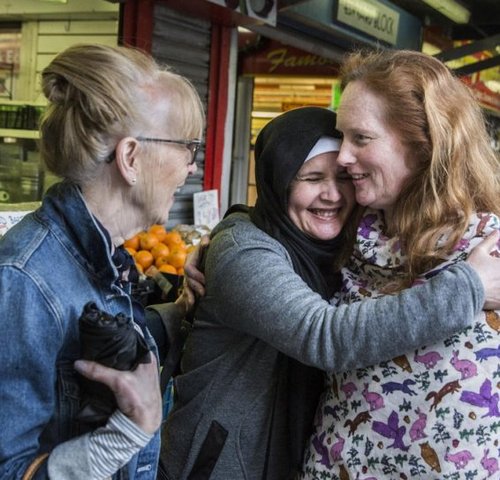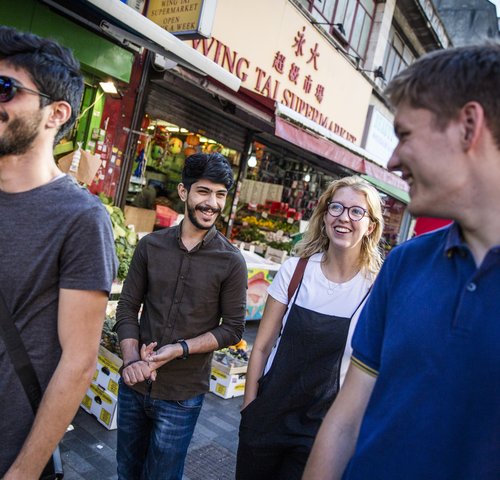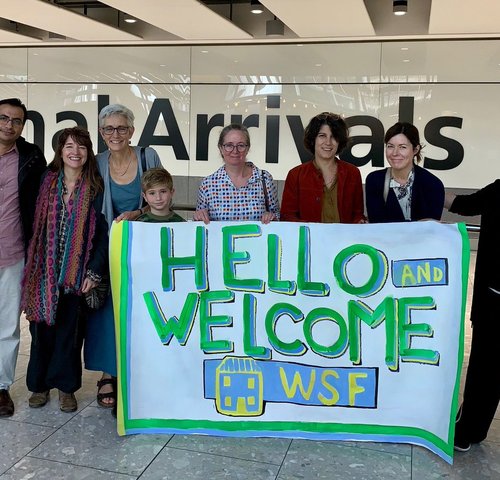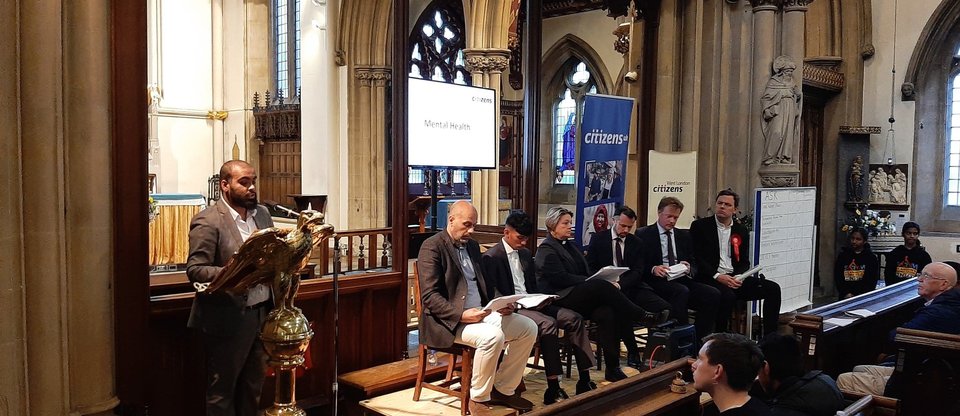Meet the volunteers saving thousands of refugees
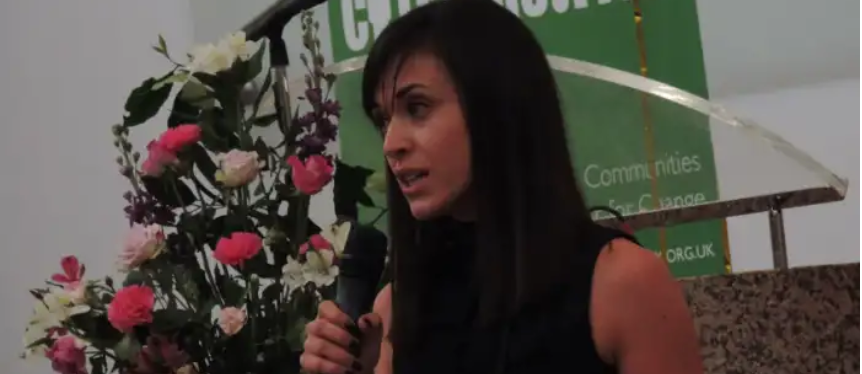
Written by Julia Rampen, republished from The New Statesman
In April 2016, Nour entered the Birmingham airport arrivals hall. “That experience totally changed my life,” she says. “I will never forget that day, ever.”
Nour came to the UK to study human rights in 2011, the same year that protests in Syria turned into first an uprising, and then a full-blown war. She spent the first years of the conflict feeling helpless: “We were just desperate to do something and we couldn’t.” Her own family remained trapped in Syria. “I would go days, weeks without hearing from them.”
The British government initially tried to focus its money on the swelling refugee camps in Jordan and Lebanon. Then, in 2015, newspapers around the world published the photo of the body of Alan Kurdi, a Syrian Kurdish toddler who drowned when his family attempted the crossing from Turkey to Greece. In the midst of the global outrage, the then-prime minister, David Cameron, announced the Vulnerable Persons Resettlement Scheme, with the goal of relocating 20,000 refugees to Britain by 2020. “When they launched the scheme that was my chance,” says Nour. “I thought ‘I have to do something.’”
…A quiet humanitarian movement was underway. After the establishment of the council-led resettlement scheme, in 2016, a second initiative opened to far less media coverage – the community sponsorship scheme. Refugees were drawn from the same pool of vulnerable people, but the resettlement was to be handled entirely by a community group, with the permission of the local authority. Although take-up was initially slow – raising the £9,000 required as well as finding a suitable home is somewhat intimidating – the example of one group spread by word of mouth.
…In her adopted home of Milton Keynes, Nour began emailing people, and although the details of the scheme were still unclear, she managed to connect with Citizens UK, and enough like-minded people to form what eventually became Refugees Welcome Milton Keynes. The next step was lobbying the council to participate. “We didn’t have experience,” she recalls. “We were only a group of seven people and I was the youngest.” The council asked them to source accommodation. This meant finding willing landlords and then preparing the homes for the new arrivals. “I finished work at five, was at the house painting and putting bunkbeds together and then they told us the first two families are coming,” she recalls.
The volunteers, joined by fellow volunteers from the Red Cross, went to Birmingham to pick up them up. For Nour, it was a shock. “All these years I lived in Syria, I lived in the centre of Damascus, I probably didn’t have that much contact with people from different backgrounds,” she says. “These were people from my country and when they arrived in the airport they looked so desperate, they looked so ill, they looked so sad.” One little girl had no shoes. When they realised Nour spoke Arabic, they begged her for information. “The mum held my hand and said, ‘Please tell me where I am going?’ They didn’t even know.” Later, the same woman confided that her children had never slept on beds before in their lives.
The volunteers’ work had only just begun. No sooner had they registered the families with GPs, schools, and helped them settle into their homes, but the council agreed to bring 50 more people. So far, the council has committed to resettling 150 people, of which roughly 90 (15 families) have arrived.
For all the well-intentioned coverage of refugees-turned-entrepreneurs, charities on the ground frequently warn about patchy English language provision, the need for mental health support and the general loneliness and isolation of individuals displaced from their country not by choice, but necessity.
Tim Finch is the founding director of Sponsor Refugees, Citizens UK’s community sponsorship arm. He believes volunteers are crucial to successful resettlement for a simple reason: councils can provide conscientious workers but “you can't hire friends”.
“If you arrive as a refugee here, you know the people around you have raised the money, found a house, because they really want to,” he says. “They probably spent six months to a year working, giving up hours each week, before the family even arrived.”
According to Finch, the volunteers themselves are very different from the well-meaning-but-hopeless stereotype. “Often you'll find CEOs of charities, doctors, lawyers, specialists in mental health, and trauma,” he says. “Go in and patronise a a sponsorship group at your peril".
Read the article in full here: https://www.newstatesman.com/politics/uk/2018/11/meet-volunteers-saving-thousands-refugees-there-s-not-one-day-i-don-t-feel
